Blues guitarists before 1900 – the man who taught Charlie Patton
“Always fun reading, Paul. Thanks.”
Jason Vivone (@JVivone), leader of the Billy Bats, Kansas City.
In this short series, I’m going to highlight four extremely influential, but mainly unknown nineteenth-century blues guitar pioneers, each of whom features in my blues history book, America’s Gift, at http://goo.gl/At5AZe
These were the guys who did the spade-work for all the blues guitarists who followed, those who taught – either directly or by influence – all who followed them. These mostly unknown men, and the occasional woman, plied their trade up to 1923, the year the world’s first blues guitar record was made. Only when budding blues guitarists had records they could listen to and study did the floodgates to open.
We owe it all to the singer, Sara Martin.
The blues guitar as a musical genre, was first recorded, complete with single-string solos, by Kentucky’s Sylvester Weaver, in New York in December, 1923. Weaver, a 26-year-old African-American, born in Louisville in 1897, was taken to New York that winter by the black blues and vaudeville star, Sara Martin, 38, who also hailed from Louisville. Naturally, I don’t include Sylvester Weaver in my four blues guitarists who operated before 1900. Sylvester’s mentioned here to give him his due as the starting point of the blues genre we know and love today.
To put things in context, when the four guitarists I’m about to feature were first playing their guitars, blues, as a genre, didn’t exist. The music they played can now be described as early American folk music, at the time called rags, reels, jigs and even ballets. Only when the first blues was published in 1912 – specifically as a blues – was the genre pinpointed and named. Sometime between 1914 and 1920, the blues structure we know today was standardised by the legendary blues composer and song collector, William Christopher Handy, in Memphis and New York.
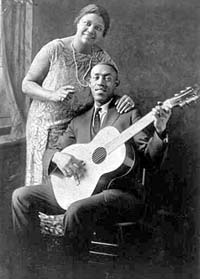
But back to 1923. Popular singer and ‘blues diva’, Sara Martin, wanted a blues guitarist to accompany her on her latest record, rather than have the backing of the usual blues orchestra or piano. It sounds obvious now, but the guitar had never even been considered before 1923. Sara had obviously been impressed by Sylvester Weaver’s technique, back in their home town of Louisville, one of the hottest towns in the USA for jug band music in the early 1920s.
The result of the Sara Martin/Sylvester Weaver collaboration was what is now almost universally considered to be the first recording to feature the blues guitar. This was a song called, ‘Longing for Daddy Blues’. Sylvester Weaver then recorded his ground-breaking blues guitar solo tracks, including the first bottleneck guitar on disc, two weeks later in the same studio.
But who came before Sylvester Weaver? Let’s start with Henry Sloan.
Henry Sloan.
Born Mississippi, USA, in 1870.
One of the most influential of all delta blues guitarists, if still one of the least known, was the Mississippi farmer, Henry Sloan.
Born in 1870 to a black father and native American mother in Bolton, a settlement near Jackson, Mississippi, Henry Sloan is known to have taught the guitar to Charlie Patton, now considered the King of the Delta Blues Guitar.
Although only 30, Henry Sloan was listed in the USA’s 1900 census as a widower living as a farmer on a plantation in Bolton, in Hind’s County. Henry’s son and grandkids lived nearby. Yes, Henry had grandchildren, at the comparatively young age of 30.
 It was the American academic, Dr. David Evans, who discovered that Henry Sloan taught the young Charlie Patton guitar, first in Bolton Ms., then at the Dockery plantation near Ruleville Ms., the place generally considered to be where Delta Blues began. (I’d say Bolton has a claim, too.)
It was the American academic, Dr. David Evans, who discovered that Henry Sloan taught the young Charlie Patton guitar, first in Bolton Ms., then at the Dockery plantation near Ruleville Ms., the place generally considered to be where Delta Blues began. (I’d say Bolton has a claim, too.)
Also living in Bolton, at the end around 1895, were the three musical sons of a former slave, Henderson Chatmon, known for his violin playing at plantation square dances. Henderson’s most famous son was Armenter Chatmon, better known as early blues legend, Bo Carter, who finally made his recording debut in 1928, aged 35. Armenter managed, and performed with, the famous Mississippi Sheiks with his brothers, the guitarist and harmonica player, Sam Chatmon, and violinist, Lonnie Chatmon, amongst others.
In 1900, the Sloan, Chatmon and Patton families moved en bloc 100 miles north to the Dockery plantation, where Henry Sloan continued to teach Charlie Patton. Since Dockery’s farm and plantation was where a host of legendary Delta Blues players first emerged, one has to wonder if Henry Sloan didn’t teach, or at least influence, these guys, too – early blues legends like Son House, Tommy Johnson and Willie Brown.
Henry Sloan may even have written classic blues songs now assumed to have been composed by Charlie Patton, songs such as ‘Pony Blues’. That’s what his contemporary and one-time sideman, Tommy Johnson, once claimed, anyway. But, as Johnson was the only person to make such a claim, do we take it face value? As a hardcore alcoholic, perhaps Tommy was just mouthing off, and it was the Canned Heat he drank talking. Perhaps, also, Tommy Johnson was jealous of Patton’s success, since Tommy never recorded again after 1929, being under the mistaken impression that he’d signed away his right to record. He was probably too drunk to know what had happened.
Importantly, Henry Sloan was the first musician to set field hollers to guitar accompaniment, according to David Evans.

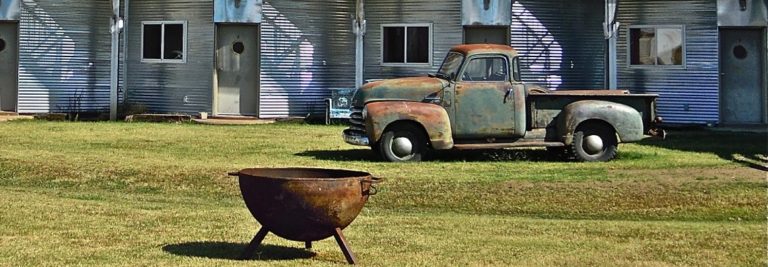

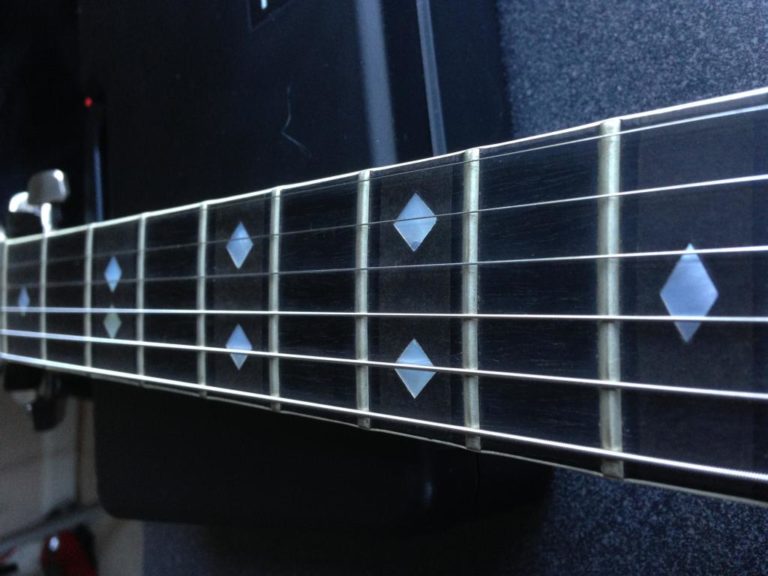
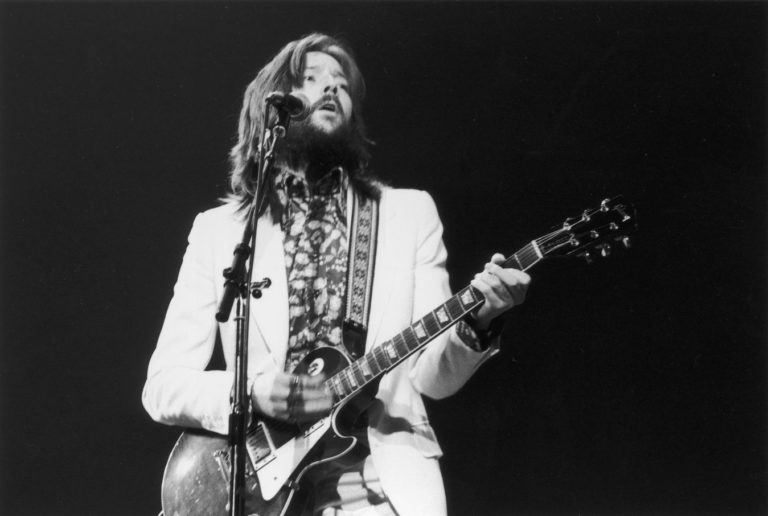
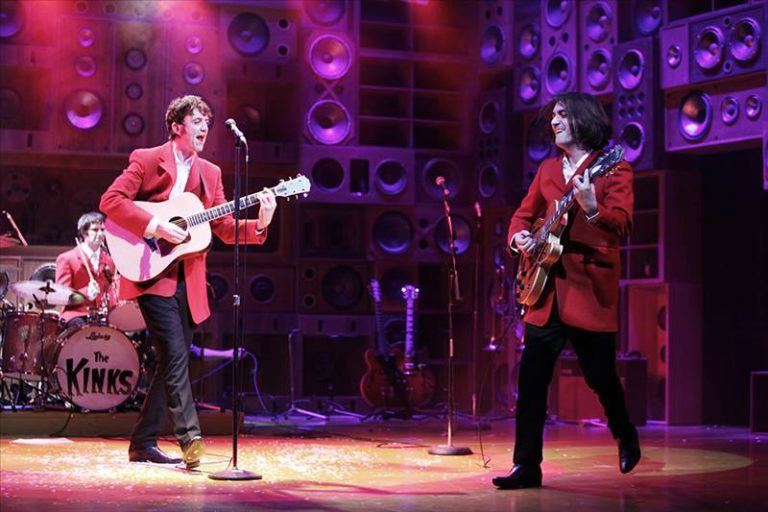
“of all delta blues guitarist” We know little about Sloan. Gayle Dean Wardlow (who is more reliable than Evans) doesn’t think Sloan even played blues music at all.
Tommy Johnson was never interviewed.
“to set field hollers to guitar accompaniment” I don’t believe Evans has said this, but whether he has or not, it’s absurd. We obviously wouldn’t _know_ who the first musician to set field hollers (whatever they quite supposedly were, A. Lomax didn’t keep his story about that remotely straight over the years) to guitar accompaniment was.
I must agree with you that we know little about Henry Sloan. Maybe Evans should have said the first known to set field hollers to guitar accompaniment, if he did say that. I’ll make sure I read Gayle Dean Wardlow.